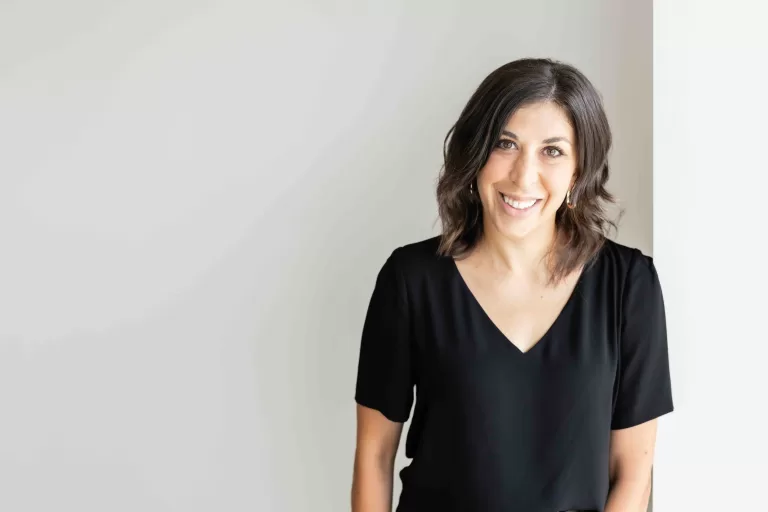Madeleine Pye, Registered Provisional Psychologist
Madeleine Pye (Maddy) is a Registered Provisional Psychologist in Alberta and a therapist at Mendable Psychology. Madeleine provides with individual adult counselling for a variety of concerns including anxiety, depression, trauma, life transitions, and neurodivergence (Adult ADHD and Autism). She is available to see clients both in-person at our west Edmonton office and online across Alberta.
While we cannot eliminate all challenges from our lives, it sure can lighten the load to navigate life’s challenges with some support and guidance.
Beginning therapy, or returning to it, is a deeply personal and courageous step. We’re all human, and I believe that embracing our “humanness” is what can make therapy powerful. So, come as you are – whether that means arriving in sweatpants or with your trusty emotional support water bottle. You are welcome here, just as yourself.
My role is to walk alongside you as we process trauma, make sense of your emotions, and explore who you are at your core. Together, we’ll work on building healthier, more fulfilling connections – with yourself and those around you – within the safety of a therapeutic relationship. I believe in the power of a genuine connection between therapist and client, and it’s something I take to heart in my work with clients – fostering that authentic rapport.
I’ve had the privilege of supporting individuals through a wide range of challenges – from anxiety and depression to grief, life transitions, and trauma, both single-event and complex. I’m especially passionate about working with neurodivergent folks and supporting individuals through major transitions such as relationship changes or entering parenthood. And, as a former teacher of several years, I understand firsthand the unique pressures faced by educators. Whether it’s stress from work or struggles beyond the classroom, I’m here to support teachers and school staff in finding peace and balance.

Areas of Focus
- Anxiety
- Adult ADHD and autism
- Depression
- Life transitions
- Traumatic events
- Stress and burnout
- Women’s health and wellness
- Work-life balance and career guidance
- Perinatal mental health (pregnancy, postpartum, and parenthood)
- Grief and loss
- Self-esteem and confidence
Populations
- Neurodiversity
- Young adults
- Teachers and school staff
- LGBTQ+2S
My Approach
- Acceptance and Commitment Therapy (ACT)
- Compassion Focused Therapy
- Positive Psychology
- Eye Movement Desensitization and Reprocessing (EMDR)
- Solution Focused Therapy
Questions and Answers
Q: What can I expect from my first therapy session with you?
A: Our initial session is an opportunity for me to get to know a bit more about you and what has led to you seeking therapy, but also a chance for you to get to know me and see if I would be a good fit for you, too. I encourage clients to come in and ask any questions they might have – and there are no silly questions! Ask about my training, my experience, my views on therapy – whatever it is that is important for you to find in a therapist. The therapeutic relationship is the cornerstone of therapy progress, so building up that comfort and rapport in the early stages is vital. We will go through some of the logistics of counselling (ie. paperwork and legalities), I will ask some intake questions, and give you the chance to share as much as is comfortable initially. We will end the intake by setting some goals for our time working together.
Q: Have you ever attended therapy yourself?
A: Yes! I am a huge believer in the importance of therapists having therapists. It is part of both my self care, but also a professional practice to ensure I am able to show up for my clients without being weighed down by my own “stuff” (because we all have it).
Q: What type of therapy approaches do you use with clients?
A: I enjoy using elements of Acceptance and Commitment Therapy, Compassion Focused Therapy, and positive psychology in session. What does this look like, you might wonder? It means working to build a mindset where you can cope with life’s stressors. So many challenges we are faced with can’t be “fixed” or “changed”, so building a healthy level of acceptance and compassion for yourself as you move through these ups and downs can be helpful. For individuals with histories of trauma – either a singular event or complex trauma that has occurred over time – I use eye movement desensitization and reprocessing (commonly referred to as EMDR) to work towards healing. I am a firm believer in the importance of the therapeutic relationship and value working to build and maintain an authentic rapport with clients, regardless of modality. We’re all just human, at the end of the day, and I love the “humanness” of therapy – so I encourage clients to show up as they are.
Q: What do you do outside of work?
A: In my free time, I love being with my family – my husband, daughter, and our dog, too. Taking our little one to the playground, pool, or library brings me a lot of joy! We love to travel, and enjoy exploring new places together. To take care of myself, I enjoy practicing yoga, spin classes with loud 2000’s music, listening to audiobooks, and I recently have rediscovered my enjoyment of playing piano.
Professional Affiliations
- Psychologists’ Association of Alberta
- Canadian Counselling and Psychotherapy Association
Areas of Specialized Training
- EMDR (Eye Movement Desensitization and Reprocessing) Trained Clinician
- 200 hour Yoga Teacher Training – Empower Yoga
- “Uniquely Human – The Power of Neurodiversity” Professional Development Series
Current Availability
Madeleine Pye is currently accepting new clients.
Madeleine sees clients in the office and virtually
- Monday afternoon and evenings
- Friday morning and afternoons
- Additional days and times may be available for virtual appointments
Session Fees, Insurance, and Billing
Madeleine’s provisional psychologist session fee is set at $215 per one 50 minute session. Her services can be direct billed to the following insurance providers:
- Alberta Blue Cross
- Alberta Teachers (ASEBP)
- Green Shield Canada
- SSQ Insurance
Other insurance providers will reimburse clients directly for Registered Provisional Psychologist services, please check with your insurance company directly to confirm.
